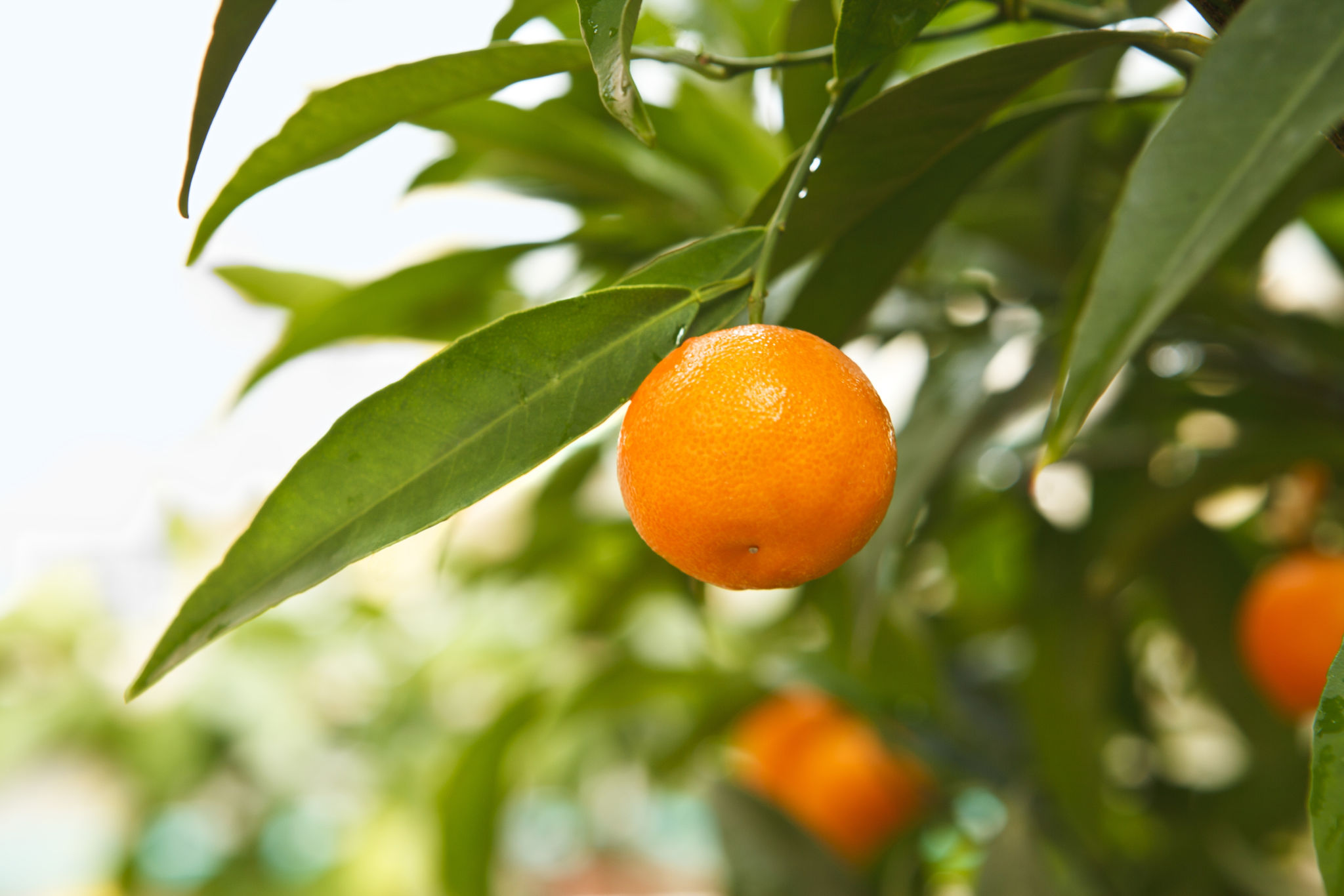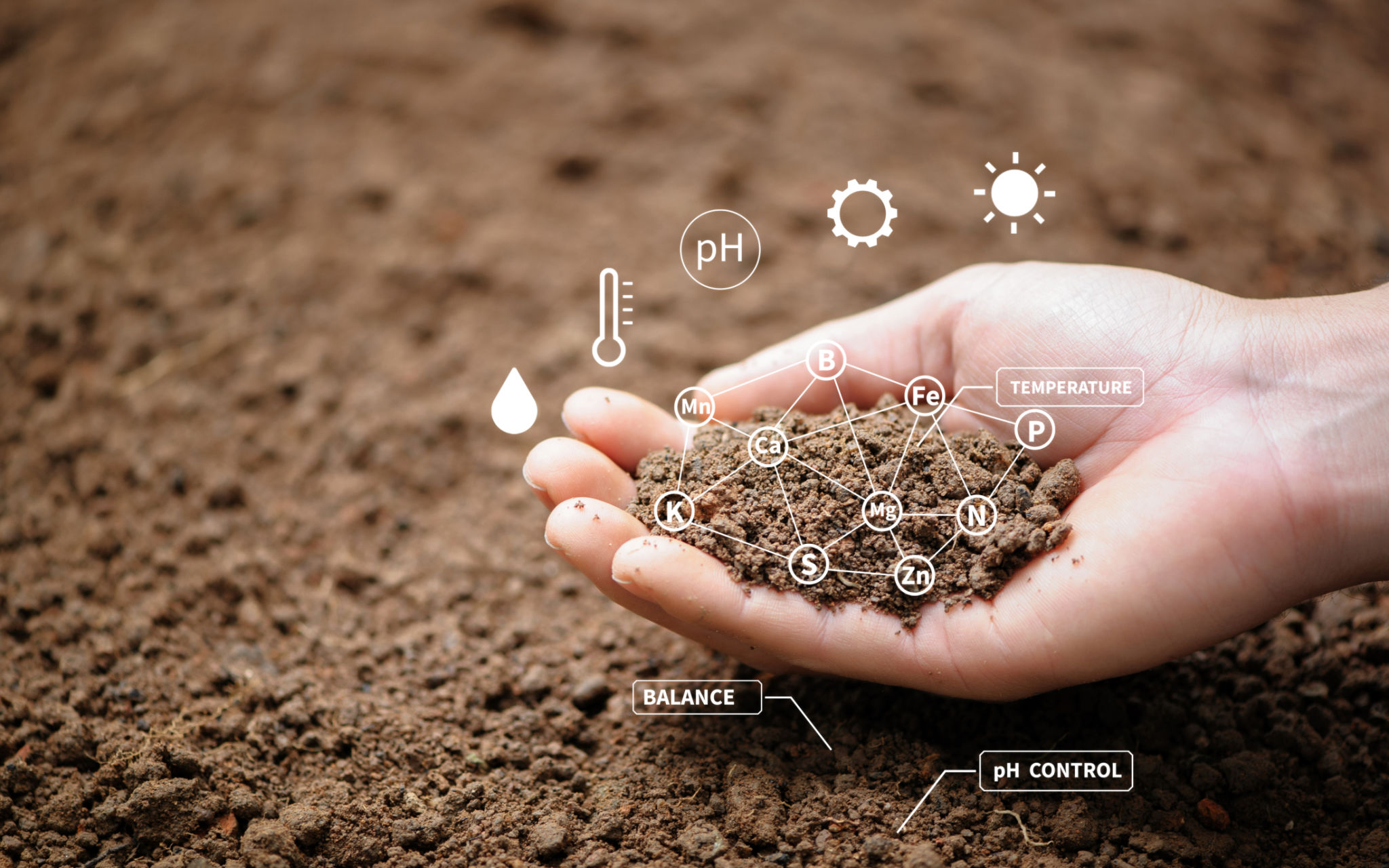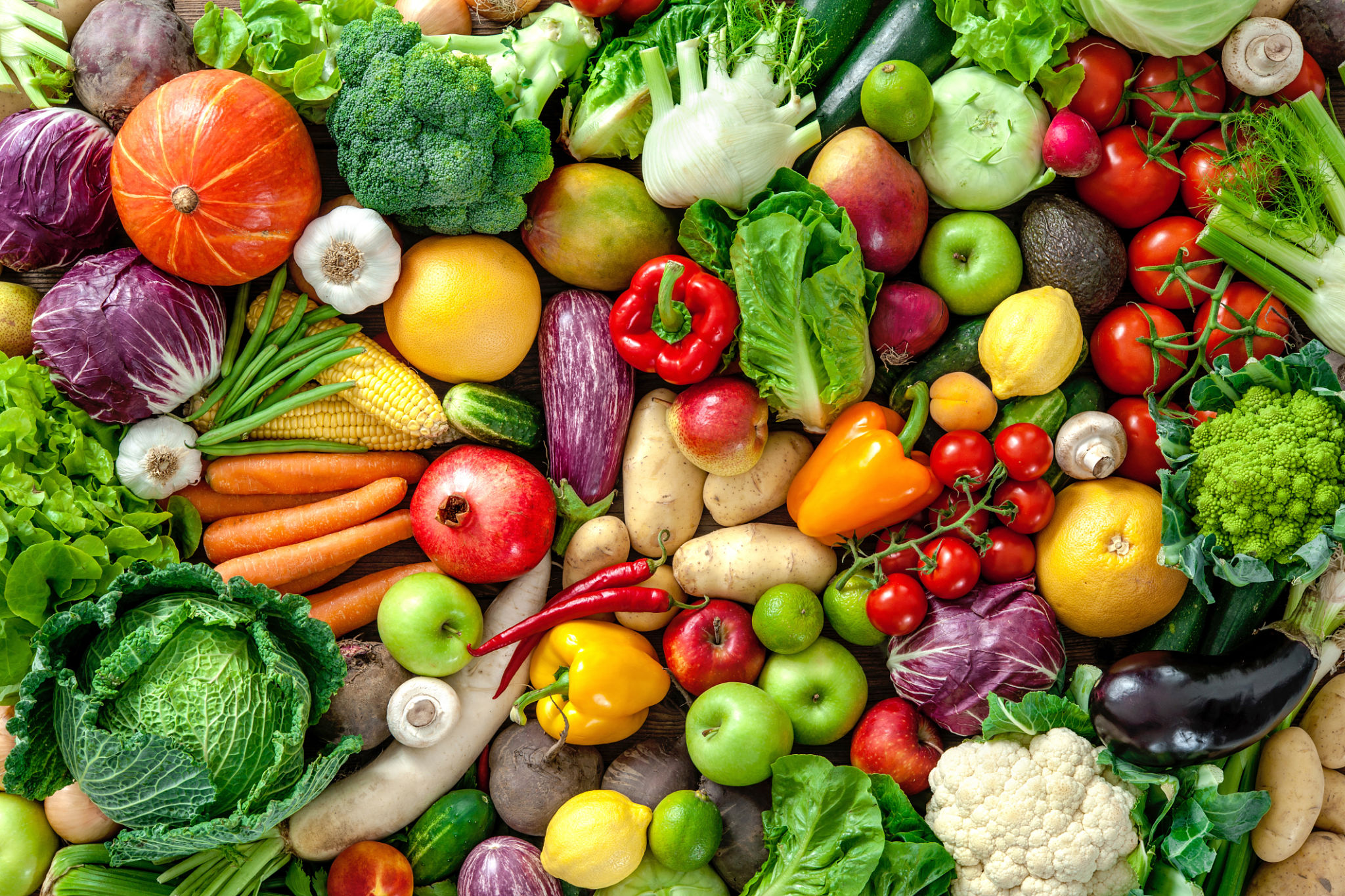Summer Crop Maintenance Tips for Optimal Yield in Florida
Understanding Florida's Summer Climate
Florida's summer climate can be both a blessing and a challenge for farmers. The state offers abundant sunshine and warmth, which are ideal for many crops. However, the intense heat and humidity can also create stress on plants if not managed properly. Understanding the local climate is crucial for implementing effective crop maintenance strategies.
Farmers must account for the high temperatures and potential for heavy rainfall. These conditions can foster rapid growth but also increase the risk of diseases and pests. By anticipating these challenges, you can put preventive measures in place to protect your crops and ensure a bountiful harvest.

Effective Water Management
Water management is a critical component of summer crop maintenance in Florida. The combination of high temperatures and sporadic rainfall can lead to uneven water distribution. To optimize water usage, consider implementing an efficient irrigation system. Drip irrigation is particularly effective as it delivers water directly to the plant roots, minimizing waste.
Regularly monitor soil moisture levels to ensure crops are neither overwatered nor underwatered. Using mulch around plants can help retain soil moisture and reduce evaporation. Additionally, it's important to schedule watering during the cooler parts of the day, such as early morning or late afternoon, to reduce water loss through evaporation.
Soil Health and Fertility
Maintaining soil health is essential for optimal crop yield. Conduct soil tests to determine nutrient levels and pH balance. Based on the results, adjust your fertilization practices to provide the necessary nutrients that your specific crops need.
Organic matter, like compost or well-rotted manure, can be added to improve soil structure and fertility. This not only enhances nutrient retention but also encourages beneficial microbial activity in the soil. Regularly rotating crops and incorporating cover crops during off-seasons can further enhance soil health.

Pest and Disease Management
The warm and humid climate of Florida creates ideal conditions for pests and diseases. Regularly inspect crops for signs of infestation or disease, such as discolored leaves or unusual growth patterns. Early detection is key to preventing widespread damage.
Implement integrated pest management (IPM) strategies that combine biological controls, such as beneficial insects, with cultural practices like crop rotation. Chemical controls should be used judiciously and as a last resort to minimize environmental impact.
Planting Strategies and Crop Selection
Selecting the right crops and planting strategies is critical for success in Florida's summer climate. Opt for heat-tolerant varieties that are well-suited to local conditions. Some popular choices include sweet corn, okra, and southern peas.
Consider staggering planting dates to spread out harvest times and reduce the risk of losing an entire crop to adverse weather conditions. By diversifying your planting schedule, you can also take advantage of varying market demands throughout the season.

Monitoring and Record Keeping
Keeping detailed records of your crop maintenance activities can provide valuable insights for future growing seasons. Document soil conditions, weather patterns, pest occurrences, and yield outcomes to identify successful practices and areas for improvement.
Utilize technology such as mobile apps or farm management software to streamline data collection and analysis. This information can help you make informed decisions and optimize your farming practices year after year.
Conclusion
Achieving optimal yield in Florida's summer climate requires a proactive approach to crop maintenance. By understanding local conditions, managing resources effectively, and implementing strategic practices, farmers can overcome challenges and enjoy a successful harvest.
Continual learning and adaptation are essential in agriculture, so stay informed about new techniques and innovations that can further enhance your farming operations in Florida's unique environment.